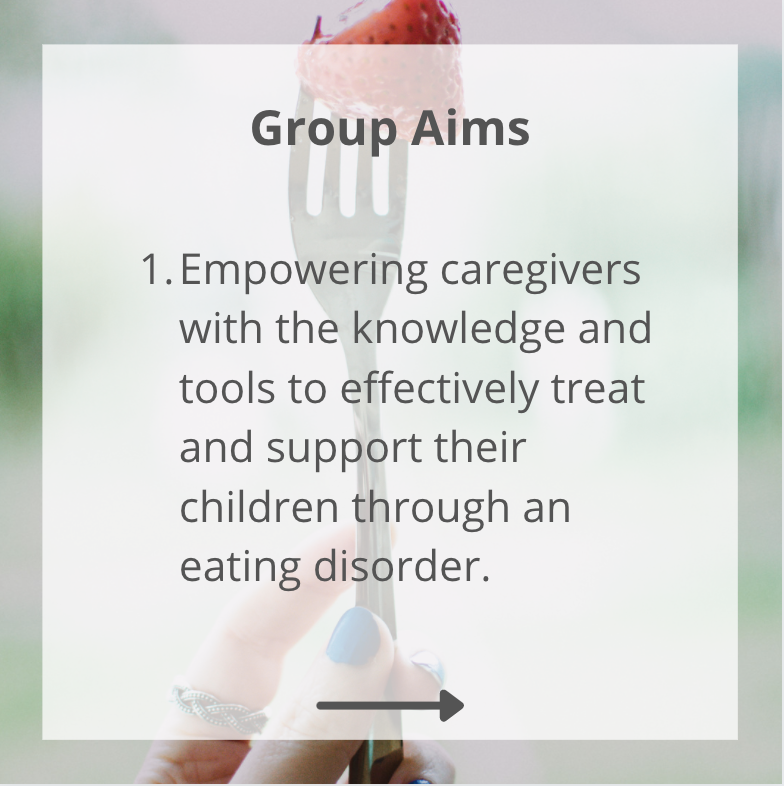When we think of hunger signs we commonly imagine the classic sign of a growling stomach. Yet, there are a variety of hunger sings, some more subtle than others.
Headache or Mental “Fog”
When you haven’t eaten in 3+ hours your body will experience a gradual dip in blood sugar levels. This can lead to a headache or lack of mental clarity. You might find it difficult to focus on a task or notice yourself continually zoning out.
Tiredness
If the body is running low on energy, then we will likely feel tired. This can be one sign that it’s time to eat again.
Food Thoughts
Are you constantly thinking about food or drawn to pictures of food? We are biologically wired to seek food when our body is hungry. This might show up as obsession with cooking, food pictures, grocery stores, or planning food.
Anxiety or Fidgeting
While anxiety can have many origins and influencers, one of those can be related to hunger. When the brain is malnourished or hungry, it can produce an anxious state. Scientists suspect the anxiety might be a biological drive to make us more alert for food sources.
Irritation or Hangry
Hangry is the mix of hunger and anger. When you notice your irritated (especially if its for no reason) check in with yourself. When was the last time you ate? Was it enough? Perhaps try eating something.
Feeling shaky or weak
When the body is running low on energy, you might feel physically shaky or weak. Physical exertion, such as lifting weights, running, etc. may become more difficult than usual. This is a sign that your body doesn’t have enough energy.
Nausea or Stomach Pains
This one may seem counterintuitive, however, nausea can sometimes be a symptom of hunger. This can occur due to the acidity of stomach acid, in addition to taking certain medications (ex. NASIDS) or supplements (ex. multivitamin) without food.
While this isn’t an exhaustive list of hunger signs, it hopefully provides you some guidance on navigating your less obvious hunger cues. Questions or want more? Contact us to meet with our nutritionist!











































